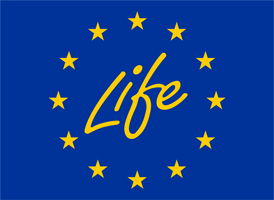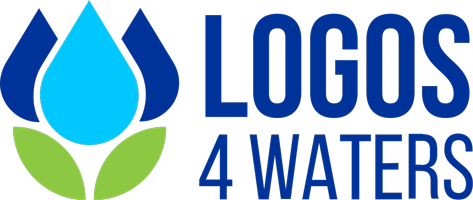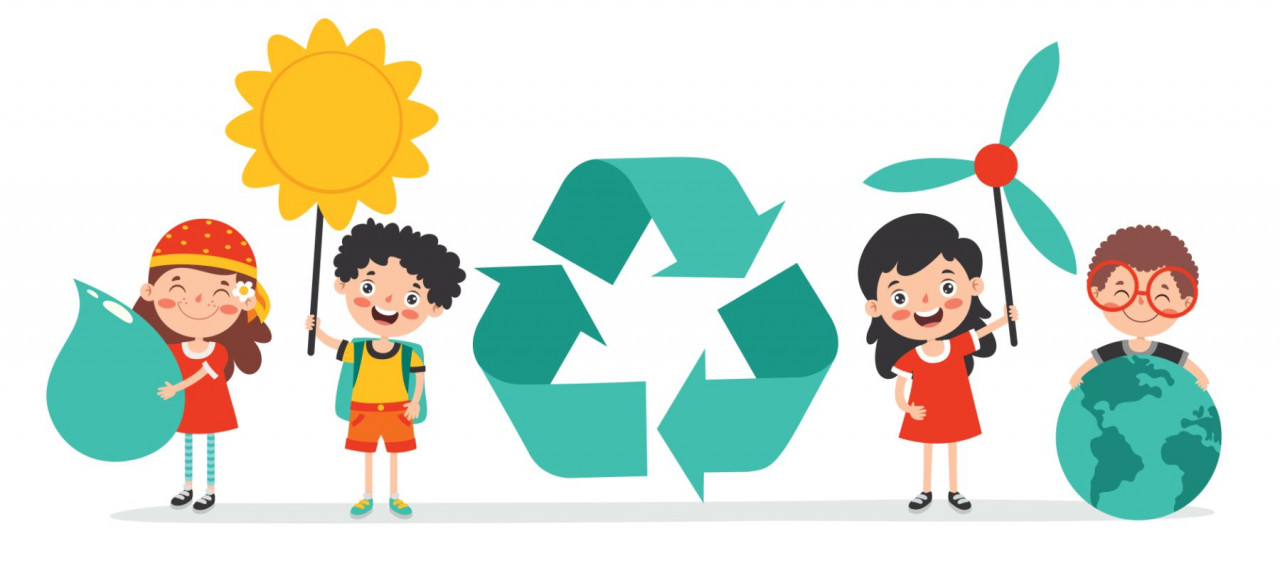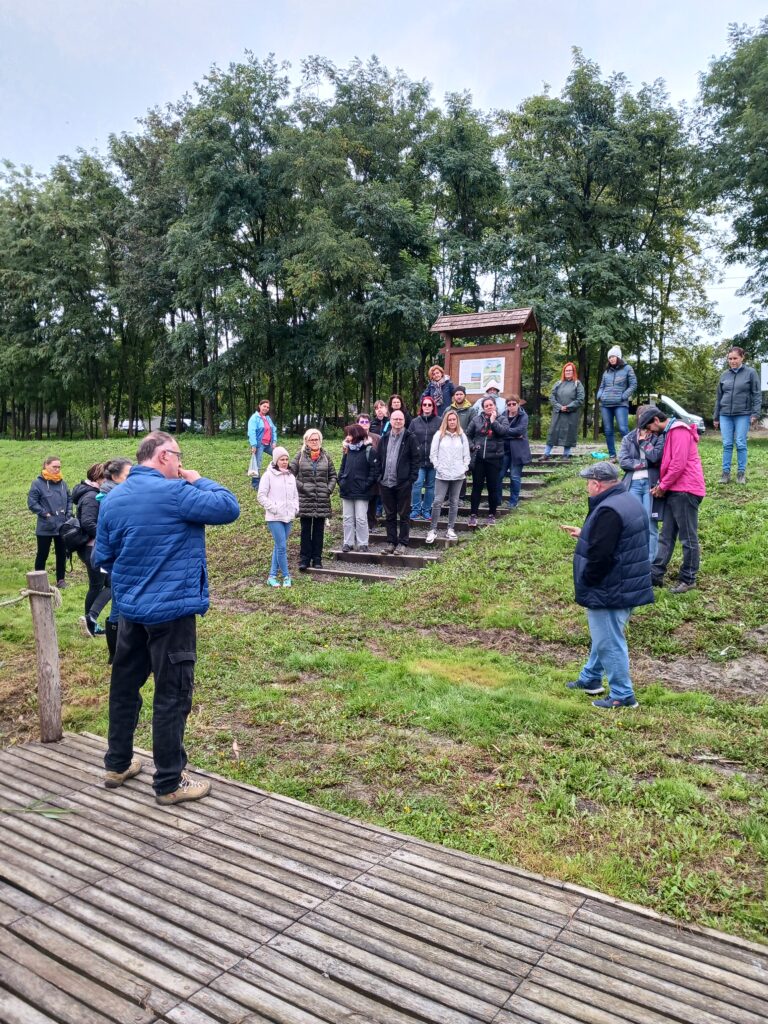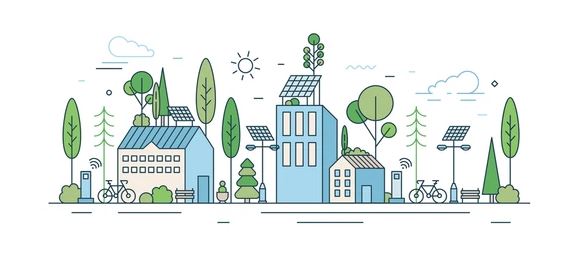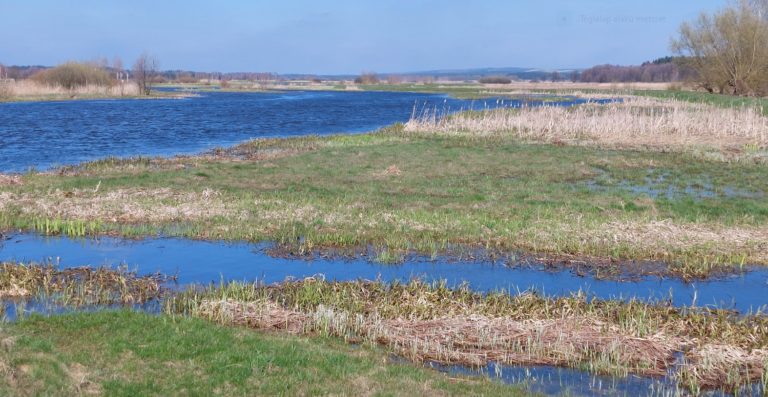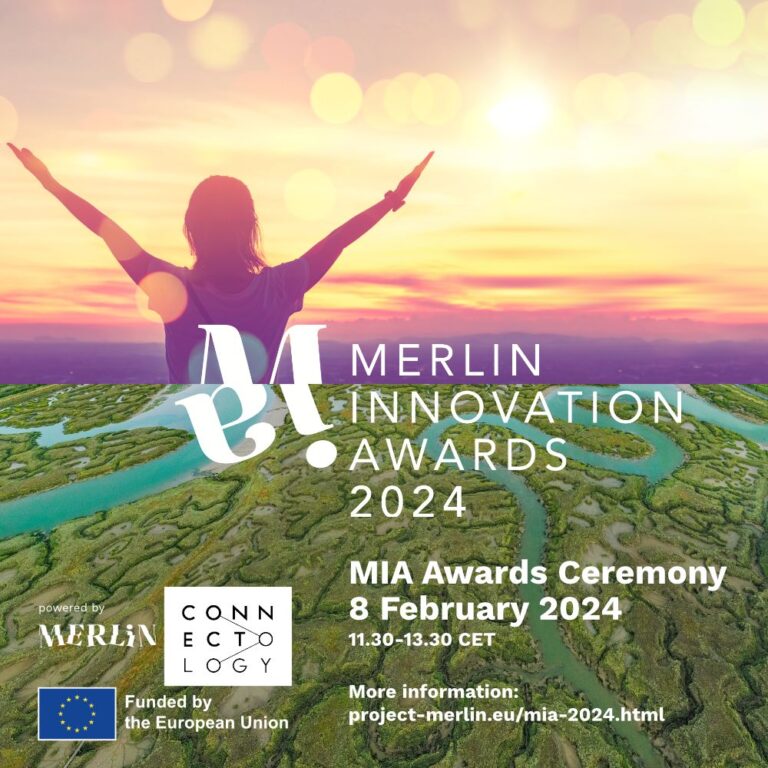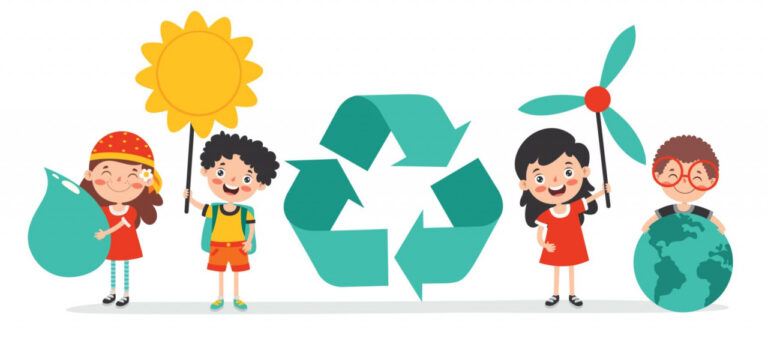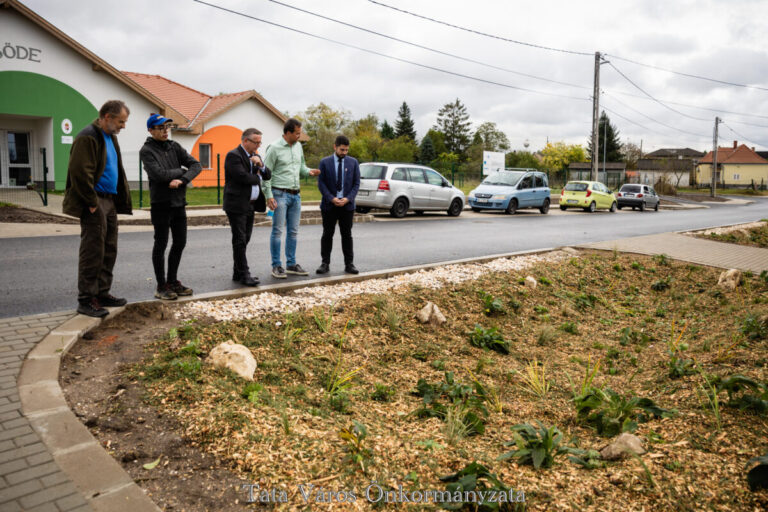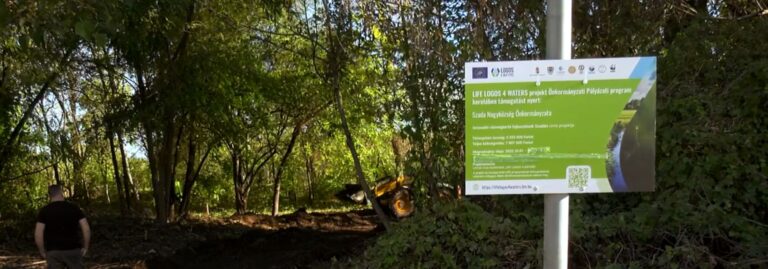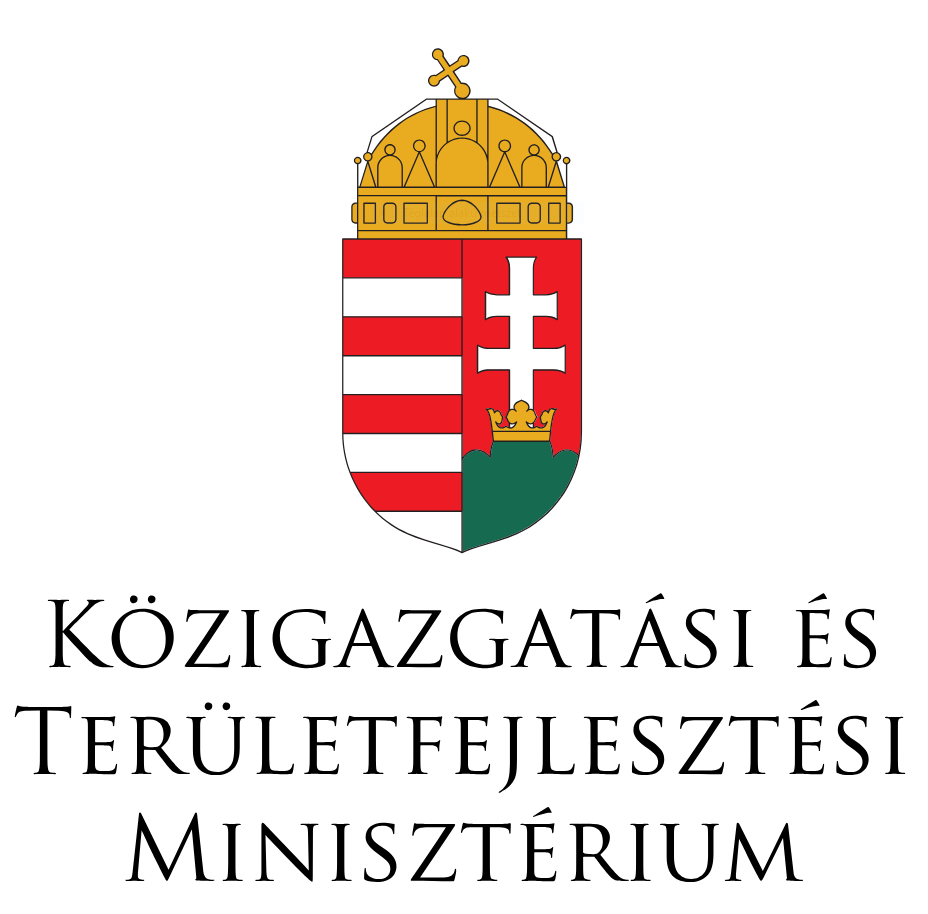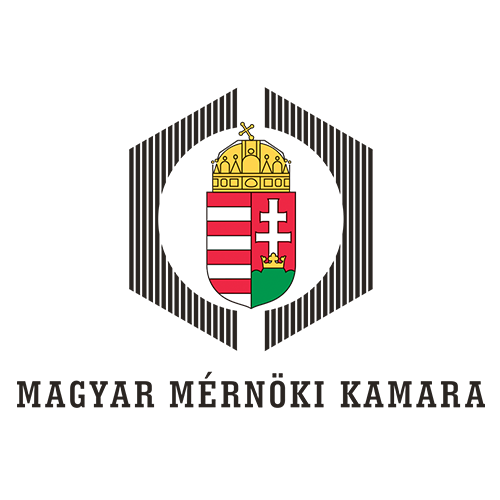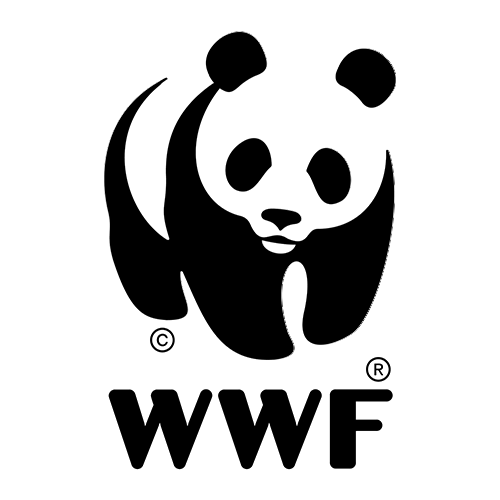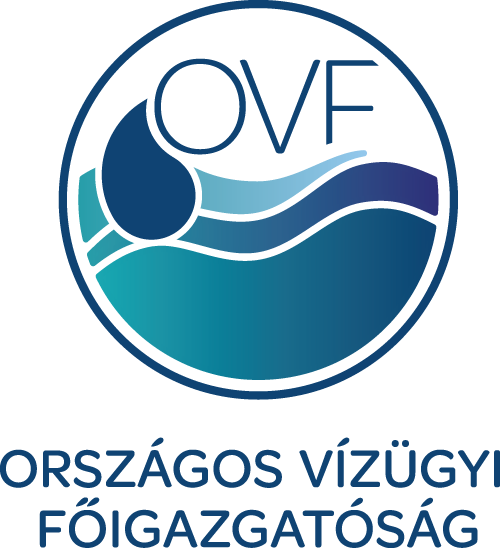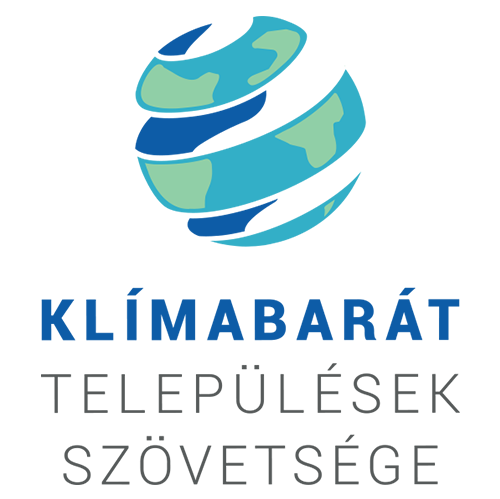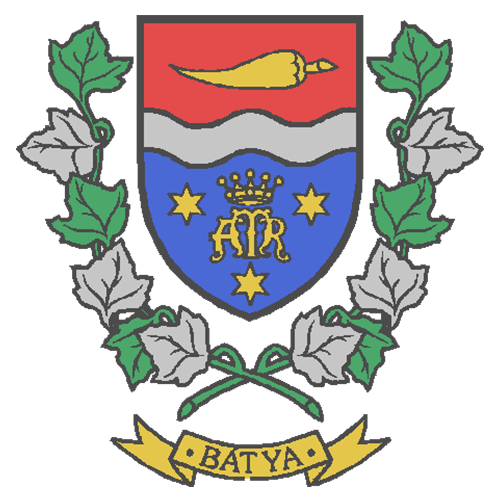One of the project’s key objectives is to raise public awareness on the value of water, the importance of nature-based water retention solutions and its role in climate change adaptation. The awareness-raising elements of the project include the development of a range of new primary school teaching materials. These are collectively called the Water Reflection (Víztükör). The Water Reflection (Víztükör) includes a workbook for school children, a teaching aid (lesson plan) for teachers and its supplements, and a field visit programme plan, all of which will be available for download from the project website.
In the summer of 2023, an interactive quiz-type board game was created to raise awareness of the importance of water and its role in the landscape. The game presents nature-based examples of water retention, and players can fill their chosen landscape with water by answering the questions correctly. A total of 8 players can play and test their knowledge on water-related topics. For those who may be interested the board game will be available in the WWF Hungary Foundation’s environmental education events and in the pilot areas of the project and beyond.
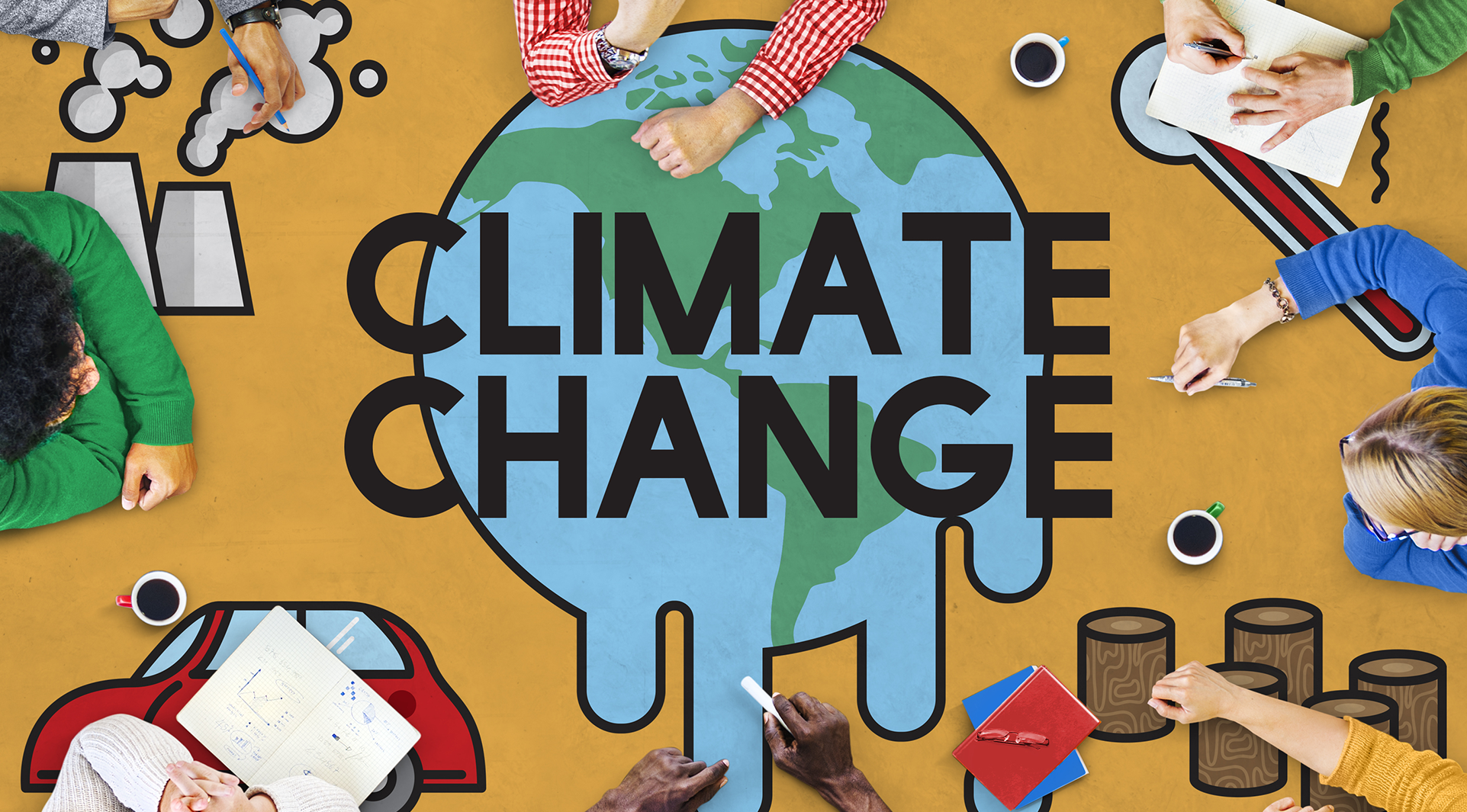
Development of the workbook also started in the summer. The 24-page workbook illustrates and teaches in a playful way the importance of wetlands and the possibilities of nature-based water retention at household and municipal level. The booklet for 10-14 year olds will take its final form in this autumn, after coordination with other parts of the environmental education package.
The workbook is accompanied by a lesson plan illustrating the methods and importance of water retention through experiential learning. The hands-on experiments open up new classroom opportunities for teachers to give pupils the opportunity to understand different types of water retention measures through their own experiences in small group activities, rather than the usual frontal instruction.
The lesson plan was tested with 2 pilot lessons by WWF Hungary’s environmental educator in Váchartyán and Bátya with the target age group. Students got their hands dirty and manual dexterity brought an unexpected activity to the usual environmental study classes. Some were more comfortable, others less confident as they threw themselves into cutting up PET bottles and sponges. After sharing their experimental observations, the students brainstormed together what they could do individually and collectively to conserve water.
The next steps for the autumn term will be to finalize the lesson plans and develop the new teacher training concept. The teacher training will take place in the spring semester in 2 locations over 2-2 days. The aim of the training is to prepare teachers and environmental educators at the two project pilot sites for effective, experiential-based teaching of water retention at landscape, municipal and household level.
